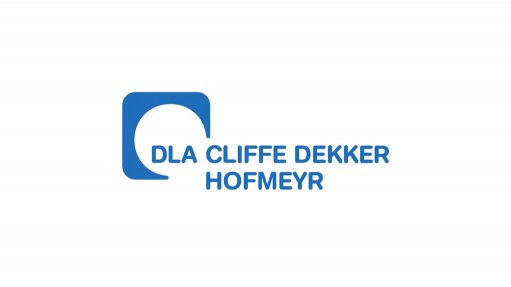
The Competition Commission's decision to conditionally approve the intermediate merger between Newcomer One (Newco One), Bagshaw Footwear Proprietary Limited (Bagshaw) and the four divisions of Kap Manufacturing Proprietary Limited (Kap), being United Fram, Wayne Plastics, Mossop Western Leathers and Jordan Shoes, was challenged by the Southern African Clothing and Textile Workers Union (SACTWU) in an application for consideration filed on 11 December 2014.
The merger entailed Newco and Bagshaw acquiring the divisions of Kap and was approved on condition that the merging parties not retrench any employees for a period of one year from the date of implementation of the transaction.
According to SACTWU, the merger conditions imposed by the Commission contradicted an agreement preceding the merger in terms of which the merging parties undertook to refrain from retrenching employees at a number of firms for a period of three years (Prior Agreement).
The Tribunal was thus faced with weighing the enforceability of the Prior Agreement against merger conditions imposed by the Commission.
While an administrative penalty could be levied against the merging parties for failure to fulfil a merger condition, no measure within the ambit of competition law could be taken against the merging parties for reneging on their undertaking in terms of the Prior Agreement.
In its decision, the Tribunal took into account the fact that the merging parties had not opposed the application before it and had undertaken to honour the Prior Agreement notwithstanding the less onerous merger condition imposed.
On 28 May 2025, the Tribunal ordered a moratorium on retrenchments for a period of three years from the implementation of the merger.
Although the Tribunal stated that agreements between merging parties and trade unions would be evaluated on a case by case basis, this case is demonstrative of the fact that such agreements or prior engagements between trade unions and merging parties play a meaningful role in public interest considerations of a merger and should not be automatically dismissed as bearing less importance than a merger condition.
Written by Kitso Tlhabanelo, Associate, Competition practice, Cliffe Dekker Hofmeyr